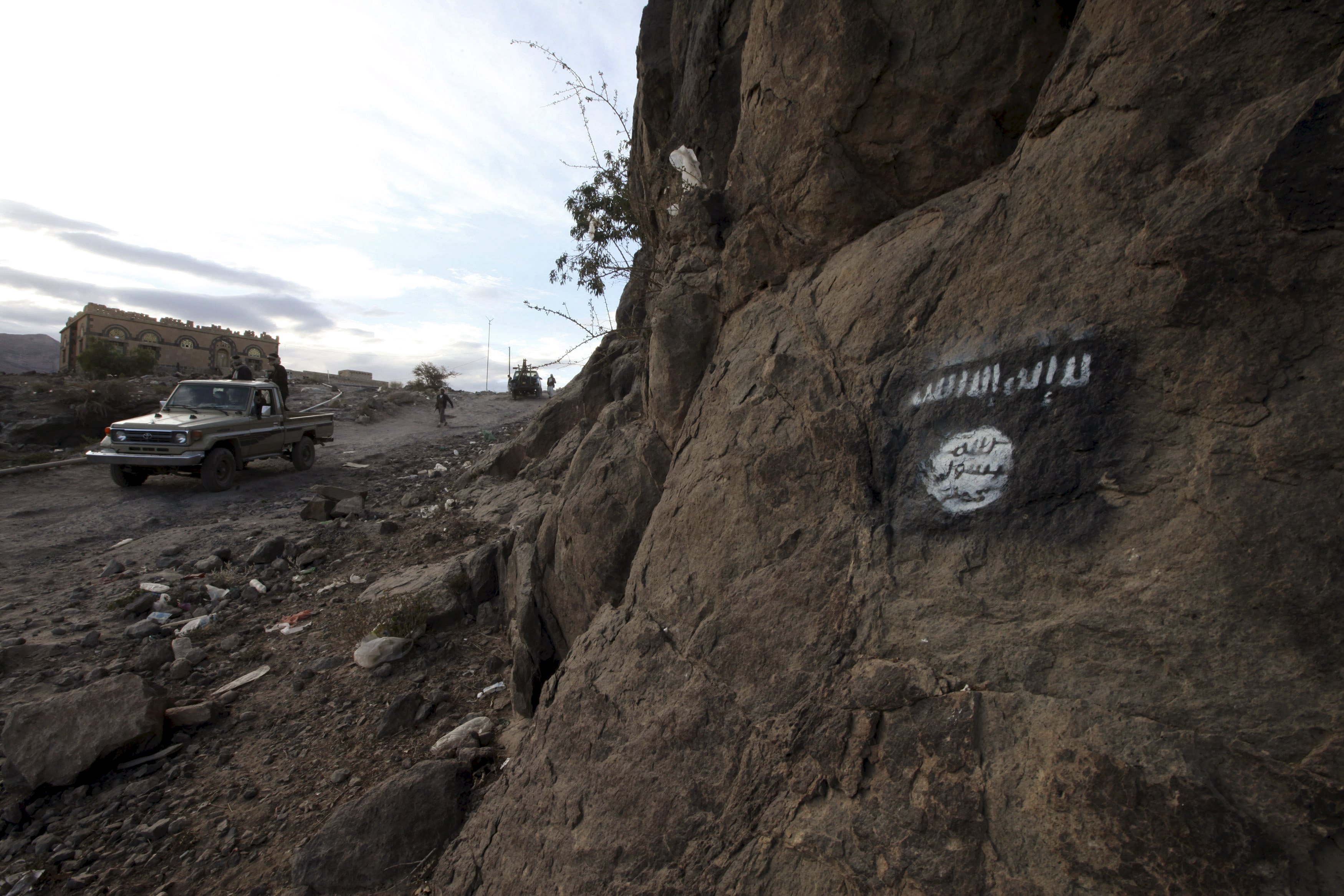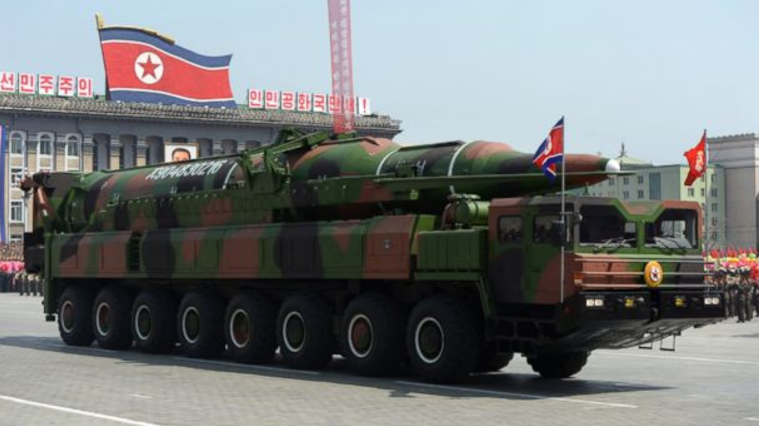
A new report has found that Iran has developed a new, high-tech attack and reconnaissance drone for Russia to use in its ongoing special military operation in Ukraine.
Initial reports indicate that the new drone, designated the Shahed-107, is an "explosive and reconnaissance" unmanned aerial vehicle (UAV) that has possibly been fitted with certain technologies to seek out high-value battlefield targets such as American and Western-supplied weapons systems used by Ukrainian forces, including the devastating multiple-launch rocket platforms. (Related: Russia making progress toward goal of MASS PRODUCING combat drones to rival Ukraine's Western-supplied drone fleet.)
Informed security sources who spoke with Sky News noted that "a few units" of the specially designed drones were offered to Russia in a deal estimated to be worth more than $2 million. This, according to the source, reflects "the significant force design work Iran is engaged in to support Russia's interests regarding Ukraine."
Confirmed specifications regarding the Shahed-107 have not yet been released by official sources. But Sky News' source indicates that the new drone is part of the Shahed family of loitering munitions, or single-use drones that can autonomously hover over areas while they wait to crash into designated targets kamikaze-style.
The Shahed-107 has a roughly 10-foot wingspan and is about eight feet long from the nose to the tail. It was first trialed in an air base in central Iran with Russian representatives present and is primarily launched from the back of vehicles.
It is believed that the UAV has a maximum range of 1,500 kilometers (932 miles) and can be fitted with a live-streaming transmitter to allow Russian drone operators to receive updated reconnaissance footage of battlefields and identify targets for other UAVs or weapons systems to hit.
A Ukrainian official who spoke with Sky News said the claim about the development of the Shahed-107 was "likely true" and is a "huge concern" to Ukraine, as Russian offensives in Ukraine "rely a lot on Iranian drones" that are constantly being modernized to match the Western drone technology supplied to Kyiv.
Russia may also be using jet-powered Shahed drones
The Ukrainian official noted that one of the main goals of Iran is to make the drones faster "to force Ukrainian defense forces to use more expensive [Western-supplied] air defense systems." One way to make these drones faster is to make them jet-powered.
Evidence has come out that Russia may already be using an Iranian jet-powered loitering drone, known as the Shahed-238. Photos and videos circulating on social media of a Russian drone shot down in Ukraine are said to show the remains of a Shahed-238, or a prototype variant or derivative thereof, that was launched at a target in the country.
It appears that Iran has supplied Russia with the newest Shahed kamikaze UAV variant (Shahed-238) with jet engine.
The first one (MJ0) was shot down by Ukrainian forces. pic.twitter.com/hWuxfEUzSV
— Clash Report (@clashreport) January 8, 2024
The only visible exterior markings on the drone are "MJO," or "MJ0" written on a part of the body. Open-source intelligence (OSINT) analysts note that other Russian Shaheds, such as the propeller-powered Shahed-136, had been seen with alphanumeric markings that begin with "M" and posts that the "J" on the Shahed-238 could stand for "jet." Other examples of supposed Shahed-238s shot down over Ukraine have been seen with markings beginning with just J.
These same OSINT analysts and other military experts note that the drone's engine could be a TEM Tolue-10, an Iranian-made clone of the Czech PBS Aerospace TJ100 engine. The Tolue-10 had been previously identified as the engine on multiple Iranian-designed cruise missiles.
Russian Maj. Gen. Vladimir Popov, speaking to state-run Sputnik TV in early December, noted that a jet-powered version of the Geran-2 – the Russian designation for the Shahed-238's immediate predecessor, the Shahed-136 – was on its way to being deployed. He confirmed that the Shahed is jet-powered and claimed that it had a top speed of 800 kilometers per hour (497 miles per hour). For comparison, the propeller-powered Shahed-136 has a cruising speed of around 111 miles per hour.
If this is accurate, this means that the Shahed-238 would be able to traverse the distance to its intended target significantly faster than propeller-powered drones. This, in turn, would also reduce the amount of time Ukrainian defenders would have to react to the drone, either by targeting it with anti-air systems or by launching interceptors.
Ukraine's anti-drone defenses already heavily rely on largely ad hoc mobile teams who provide additional anti-drone capacity in addition to more traditional assets.
Learn more about the use of drones in conflicts and the latest developments in combat drone technology at DroneWatchNews.com.
Watch this clip from "Military Tube Today" showing Shahed-136 drones attacking military targets in Kyiv.
This video is from the channel The Prisoner on Brighteon.com.
More related stories:
Iran unveils new HYPERSONIC MISSILE in apparent warning to the U.S. and Israel.
Russian killer drones being used in Ukraine found to contain Western electrical components.
Sources include:
Please contact us for more information.


















